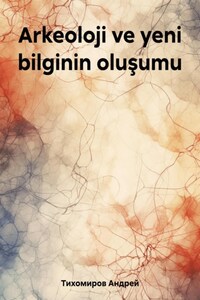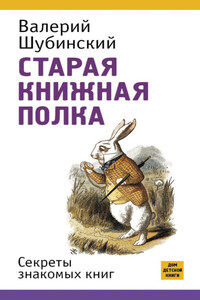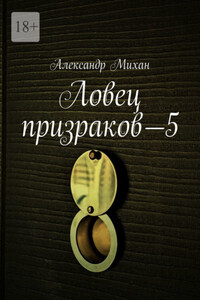Copyright
Fourth Estate
An imprint of HarperCollinsPublishers Ltd. 1 London Bridge Street London, SE1 9GF www.4thestate.co.uk
First published in Great Britain by Fourth Estate in 2008
Paperback edition published by Harper Perennial in 2009
Copyright © Ben Goldacre 2008
Ben Goldacre asserts the moral right to be identified as the author of this work.
A catalogue record for this book is available from the British Library.
Jacket photograph © Mat Taylor www.mat-taylor.co.uk/photography
All rights reserved under International and Pan-American Copyright Conventions. By payment of the required fees, you have been granted the non-exclusive, non-transferable right to access and read the text of this ebook on-screen. No part of this text may be reproduced, transmitted, down-loaded, decompiled, reverse engineered, or stored in or introduced into any information storage and retrieval system, in any form or by any means, whether electronic or mechanical, now known or hereinafter invented, without the express written permission of HarperCollins
HarperCollinsPublishers has made every reasonable effort to ensure that any picture content and written content in this ebook has been included or removed in accordance with the contractual and technological constraints in operation at the time of publication.
Source ISBN: 9780007284870
Ebook Edition © December 2008 ISBN: 9780007283194
Version: 2018-07-31
Introduction
Let me tell you how bad things have become. Children are routinely being taught—by their own teachers, in thousands of British state schools—that if they wiggle their head up and down it will increase blood flow to the frontal lobes, thus improving concentration; that rubbing their fingers together in a special sciencey way will improve ‘energy flow’ through the body; that there is no water in processed food; and that holding water on their tongue will hydrate the brain directly through the roof of the mouth, all as part of a special exercise programme called ‘Brain Gym’. We will devote some time to these beliefs and, more importantly, the buffoons in our education system who endorse them.
But this book is not a collection of trivial absurdities. It follows a natural crescendo, from the foolishness of quacks, via the credence they are given in the mainstream media, through the tricks of the £30 billion food supplements industry, the evils of the £300 billion pharmaceuticals industry, the tragedy of science reporting, and on to cases where people have wound up in prison, derided, or dead, simply through the poor understanding of statistics and evidence that pervades our society.
At the time of C.P. Snow’s famous lecture on the ‘Two Cultures’ of science and the humanities half a century ago, arts graduates simply ignored us. Today, scientists and doctors find themselves outnumbered and outgunned by vast armies of individuals who feel entitled to pass judgement on matters of evidence—an admirable aspiration—without troubling themselves to obtain a basic understanding of the issues.
At school you were taught about chemicals in test tubes, equations to describe motion, and maybe something on photosynthesis—about which more later—but in all likelihood you were taught nothing about death, risk, statistics, and the science of what will kill or cure you. The hole in our culture is gaping: evidence-based medicine, the ultimate applied science, contains some of the cleverest ideas from the past two centuries, it has saved millions of lives, but there has never once been a single exhibit on the subject in London’s Science Museum.
This is not for a lack of interest. We are obsessed with health—half of all science stories in the media are medical—and are repeatedly bombarded with sciencey-sounding claims and stories. But as you will see, we get our information from the very people who have repeatedly demonstrated themselves to be incapable of reading, interpreting and bearing reliable witness to the scientific evidence.
Before we get started, let me map out the territory.
Firstly, we will look at what it means to do an experiment, to see the results with your own eyes, and judge whether they fit with a given theory, or whether an alternative is more compelling. You may find these early steps childish and patronising—the examples are certainly refreshingly absurd—but they have all been promoted credulously and with great authority in the mainstream media. We will look at the attraction of sciencey-sounding stories about our bodies, and the confusion they can cause.









